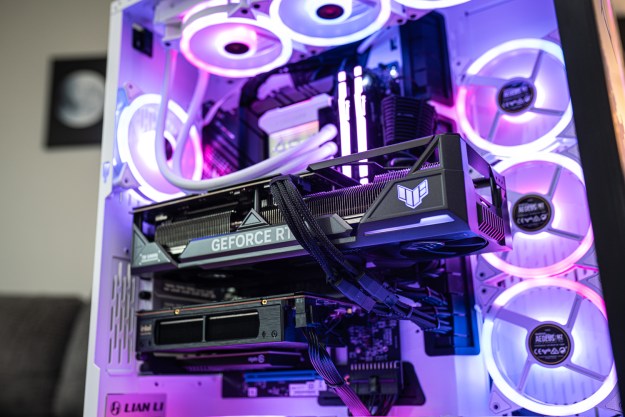
The lawsuit states that ZeniMax agreed to a payment of $150 million, but wrongly refused to pay the final installment or allow Carmack to convert its value into shares of stock, according to a report from The Dallas Morning News.
The missing installment is linked to a convertible promissory note valued at over $45.1 million that Carmack received at the time of the sale. He received half of its value in shares of ZeniMax stock, and is now requesting that the court compel the company to pay the balance.
“Sour grapes is not an affirmative defense to breach of contract,” states the lawsuit filed by Carmack. ZeniMax, however, doesn’t seem to be taking the legal action lying down.
A spokeswoman for the company contacted The Dallas Morning News, arguing that Carmack’s claim that his agreement with ZeniMax had been violated had already been rejected in court. “Apparently lacking in remorse, and disregarding the evidence of his many faithless acts and violations of law, Mr. Carmack has decided to try again,” read the statement.
ZeniMax and Oculus have been embroiled in a legal battle for the better part of three years. In February 2017, ZeniMax was awarded $500 million in damages after Oculus employees were found to have broken non-disclosure agreements — and just weeks later, ZeniMax requested an injunction that could prevent Oculus from selling its Rift virtual reality headsets.
Carmack’s lawsuit has a direct connection to ZeniMax’s legal victory earlier this year. The documents filed against the publisher allege that ZeniMax refused to pay the remainder of the money owed to Carmack under the prior judgment, even though the jury found that Carmack didn’t infringe on any copyright or misappropriate trade secrets.


